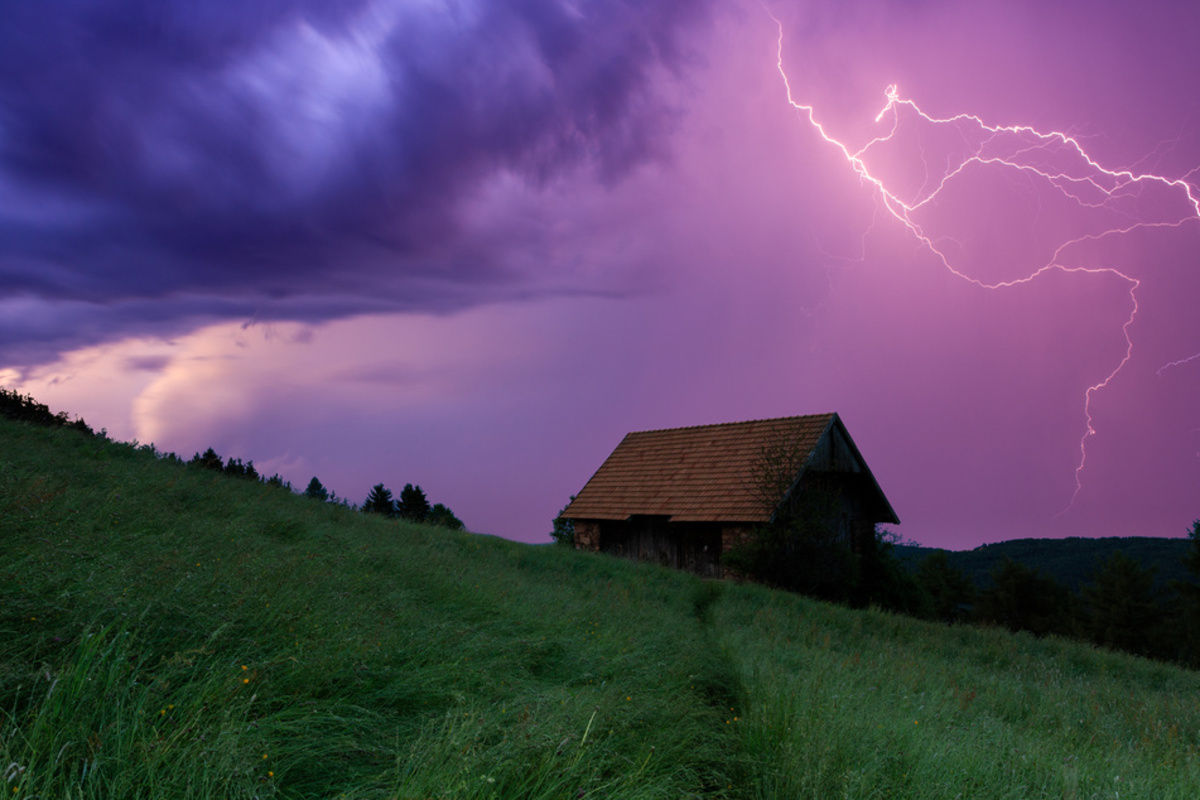What does it mean to be proactive?
Stephen Covey called it the first habit of highly effective people, so it must be important.
But have you ever thought about what it looks like?
The truth is, there are multiple ways you can think about being proactive. One of my favorites is illustrated by this parable from the American West.
There once was a farmer who needed to hire a farmhand.
He put out the word and asked around. Several young men came forward for the position.
One seemed particularly confident and capable. The farmer asked him why he thought he should hire him.
The man replied, “I can sleep through the storms.”
The farmer wasn’t quite sure what to make of that, but he was qualified and the farmer liked him so he was hired.
A month later, the farmer woke at 2 a.m. to a clap of thunder. The storm was early. It wasn’t supposed to have hit until mid-day.
The farmer dressed in a panic. He was going to spend the morning preparing for the storm and the chaos it brought. There was still so much to do.
As he pulled on his boots, he noticed the stack of wood by the fireplace. There was enough for several days. Even if the storms lasted for several days, they’d be warm, dry, and able to cook.
The farmer grabbed his coat and stepped outside. The wind almost tore the door out of his unsuspecting hand. He hadn’t realized how windy it was. He always forgot to secure the shutters, no matter how many times his wife reminded him to batten down the hatches in her comically accurate impression of her seafaring father.
There was no sign of the hand.
The farmer rounded the end of the house. Through the darkness, he could see taut tarps covering the hay bales stacked against the barn. The tarps glistened in the rain. There was something else there, too.
As he got closer, he recognized the cut remains of a large oak branch. That wasn’t there yesterday. Where had it come from? Then he recognized one of the bends in the main branch. It was the branch that had been hanging lower and lower over the fence at the back of the pasture. The branch he had been meaning to cut down for several weeks now. A branch, he realized, that could very easily snap off during a storm like this and take out part of the fence.
Fresh straw covered the floor of the barn. The animals didn’t care much for the thunder, but they were safe inside. They had fresh water. They looked at him like the commotion outside was somehow his fault.
He turned and almost walked into the tractor. He did a double-take. It hadn’t fit in there for months. Somehow, the hand had cleared enough space to make it fit. There it was. In the morning, it would be dry and ready.
He kicked the fuel cans next to the generator. They were full. It would be ready if they needed it. He checked the switch for the electric fence—already off—and stepped outside.
He couldn’t think of anything else to check on. Everything seemed fine for now. They’d take a longer look around when morning came, of course. But for now, he could head back to bed.
The farmer kicked his shoes against the steps as he stepped onto the porch, knocking off as much mud as he could. He paused for a moment and glanced across at the small three-room house that was the hand’s quarters. It was dark, almost serene despite the rain that was now coming more from the side than above.
“So this is what he meant.” Next time, the farmer vowed, he, too, was going to sleep through the storm.
Because the hand took care of what needed to be done before the storm hit, he was able to sleep through the storm. Work needs to be done, and there are some things that can only be done in response, but wouldn’t you rather do what you can on your terms?
It will require some hustle. You’ll need to front-load your work, or you’re going to be getting up at 2 a.m. when the storm comes through. Being proactive means less work in the long run, but more work now. As you spend less time in Quadrant 1 and more time in Quadrant 2, you’re still going to be doing work, but it will be less stressful and more fulfilling.
Think beyond the immediate tasks. See what’s coming and plan accordingly.
Like it or not, storms are going to come. There will always be something to do when the storm hits, but there is plenty we can do ahead of time to prepare.
Question: What do you need to prepare before the next storm hits? Share your thoughts in the comments, on Twitter, LinkedIn, or Facebook.

